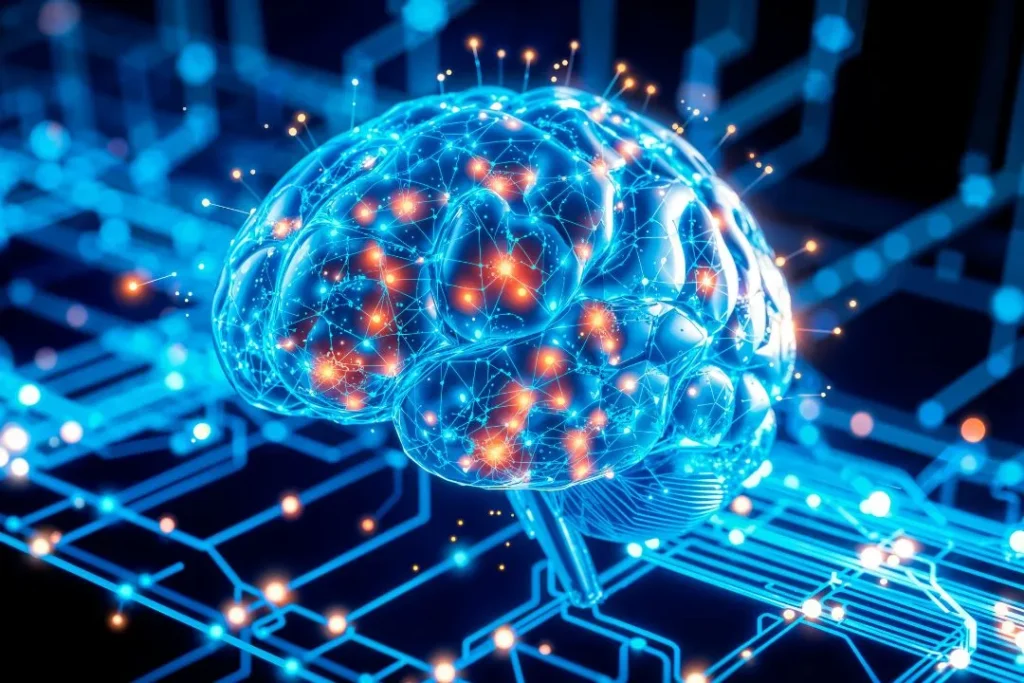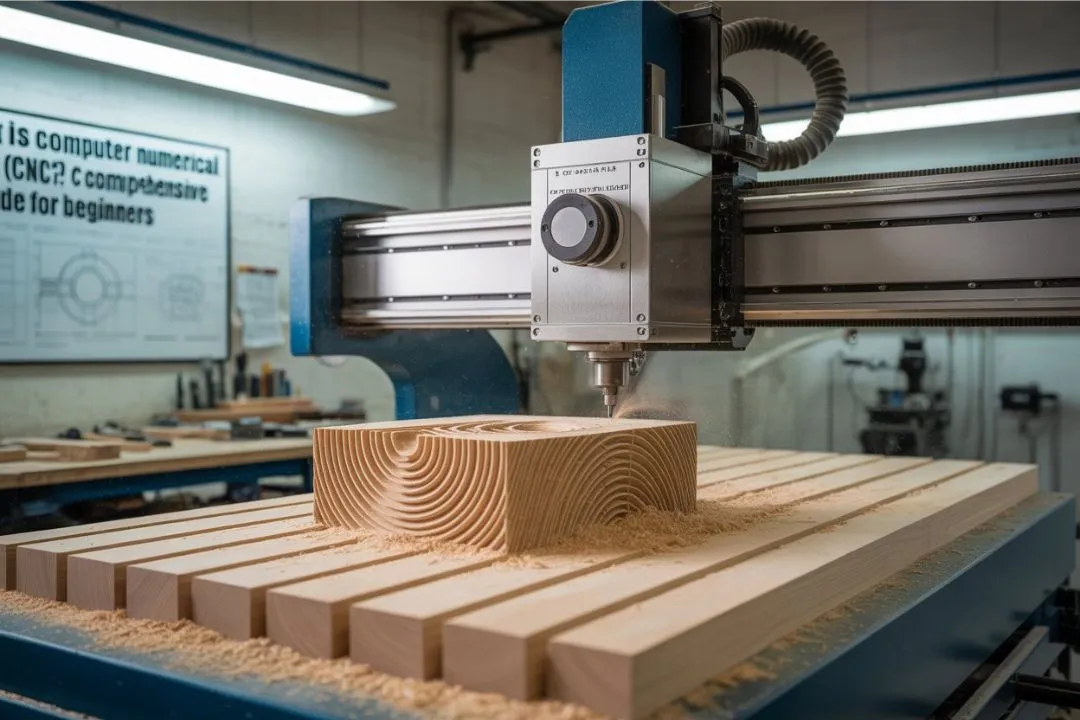The tech world has seen a huge amount of new ideas and creations in the past few decades, with artificial intelligence (AI) playing a major role in driving these changes. But as AI keeps getting better, we’re now looking at a new stage in technology.
So, what’s next after AI?
Technology keeps changing all the time, and there are lots of new trends that are starting to have a big effect. Things like quantum computing, improved blockchain systems, augmented reality (AR), and bioengineering are all part of the next big change in technology. This article explores some of the most exciting things happening after AI and what the future might look like for technology.
Quantum Computing: The Next Leap in Computing Power
Quantum computing is paving the way for the next major change in technology. Regular computers use binary to process information, but quantum computers use the principles of quantum mechanics to perform calculations much more quickly. This big boost in computing power has the potential to change many fields, such as data analysis, keeping information safe, and even helping in medicine, finance, and smart systems.
Although the development of quantum computing is still in its infancy, firms such as Google and IBM are already making notable progress. Quantum computing has great promise for resolving intricate issues that are currently insurmountable by even the most sophisticated supercomputers. The next generation of computing systems, which will allow for hitherto unheard-of levels of processing power and efficiency, may be made possible by this technology as it develops.
Blockchain Advancements: Redefining Security and Transparency
With the emergence of cryptocurrencies like Bitcoin, blockchain technology has already completely transformed sectors like finance. Blockchain’s future, however, is far more expansive. Beyond cryptocurrencies, developments in blockchain technology have the potential to revolutionize a number of industries, including voting systems, healthcare, and supply chain management.
The ability of blockchain technology to offer decentralized, safe, and transparent systems is essential to its development. Blockchain has the potential to revolutionize online data storage, transaction authentication, and identity management as decentralized tech platforms become increasingly ingrained in our daily lives. Additionally, it is propelling the development of decentralized finance (DeFi), smart contracts, and potentially digital currencies in governmental systems.
Metaverse Evolution: The Virtual Future
The metaverse, a shared, immersive virtual environment where individuals may engage in real time, is becoming increasingly popular as augmented reality (AR) and virtual reality (VR) technology advance. The metaverse’s potential uses go well beyond entertainment, despite the fact that many people only think about it in relation to games.
Social contact, education, entertainment, and even remote employment could all be transformed by the metaverse. Digital twins—virtual representations of real-world things or environments—may become more prevalent in the future, enabling the simulation, testing, and interaction with real-world systems in a virtual setting. In addition to producing realistic virtual worlds, the metaverse’s next-generation technology aims to incorporate them into our daily lives.
Augmented Reality (AR) and Virtual Reality (VR): Enhancing Human Experience
The future of augmented reality looks really promising, and it could change many areas like fun, shopping, and medicine. Augmented reality works by adding digital stuff to the real world, making experiences that feel more real and engaging than anything we’ve had before. For instance, AR-enabled glasses may become widely used in daily life, enabling you to quickly seek for information, entertainment, and directions.
With new developments in gaming, medical applications, and even workspaces that can provide profound learning experiences, virtual reality is expanding at the same time.
Robotics Evolution: Intelligent Machines and Human Augmentation
Robots have made a lot of progress since they first started being used in factories, and now they are getting smarter, more flexible, and more able to act on their own. The development of robots has gone hand in hand with improvements in artificial intelligence, but the next big change will be combining robot technology with human enhancement tools.
We may begin to see robots in our everyday life in the years to come, such as self-driving cars, drones, and sophisticated factory machinery.
Smart robots have the potential to improve healthcare by creating better prosthetics, helping patients wearing exoskeletons, and even helping surgeons do more precise and effective surgery.
Also, the mix of AI and robotics will help build smarter systems that can learn and change, making them more helpful in many areas.
Whether it’s in shipping, medicine, or creative fields, robots are going to become more important and useful.
Neurotechnology Developments: Connecting the Brain and Machines
Neurotechnology is becoming a big deal, with the power to change healthcare and how people use computers. Brain-machine interfaces let the brain talk directly to machines, which means people can control prosthetics, robotic arms, or even computers just by thinking.

As this field grows, we may see big improvements in treating brain-related issues like Alzheimer’s, Parkinson’s, and spinal injuries.
Tools that read brain waves, smart robots that learn from thoughts, and AI-driven tech in neuroscience could change how we use machines and boost human abilities.
Conclusion: The Tech Horizon Beyond AI
The future of technology after AI is really exciting, with a lot of new ideas coming up. Things like quantum computing, blockchain, the metaverse, and augmented reality are already changing how we live and work. As we go past the AI age, fields like neurotechnology, robotics, and biotechnology will keep changing what we can do. At the same time, sustainable tech and strong cybersecurity will help create a safer, fairer, and more eco-friendly world.
There’s already a lot happening in tech that could change things a lot.
If we take advantage of these new tools and get ready for the challenges and chances they bring, we can expect a future that’s more smart, connected, and deeply linked to technology in every part of our daily lives.


